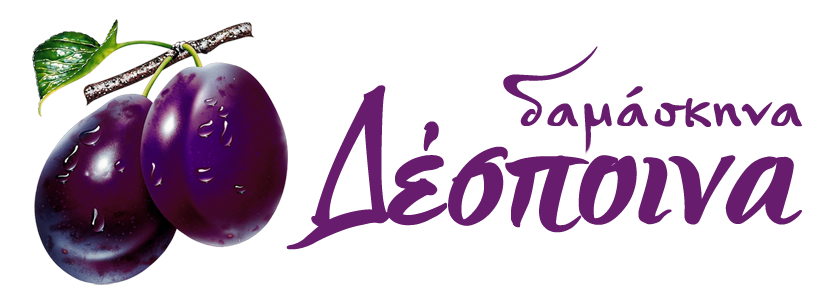Fresh or dried, plums are one of the most beneficial foods that nature offers us.
The plum is a fruit with high antioxidant capacity. According to USDA (United States Department of Agriculture) scientists, especially dried prunes seem to have the highest antioxidant score. The analysis, in fact, made by scientists at the USDA showed that dried plums have about six times the antioxidant capacity of fresh, having gathered 5770 ORAC (units measuring antioxidant capacity ), in contrast to the fresh, which gathered 949 ORAC. This demonstrates the high nutritional value of prunes and especially the dried ones, since foods with a high concentration of antioxidants have the ability to slow down the mechanisms involved in the aging of the body and brain, because they protect cell membranes from oxidation, exert antitumor activity, regulate blood pressure and improve cerebral microcirculation.
The phenolic antioxidants
The main source of antioxidants in prunes are phenols, found in an average concentration of 1840 mg/kg. Phenolic compounds within the plum exert cardioprotective action and prevent the oxidation of “bad” cholesterol (LDL) in the blood. Furthermore, the dried plum contains appreciable amounts of potassium, calcium, phosphorus, iron and magnesium, which are essential for maintaining good health.
In conclusion, prunes prominently neutralize free radicals and therefore reduce oxidative stress. Therefore we can include them in the context of a Mediterranean diet and to consume them frequently, as two to three dried plums are equal to a medium fruit.
Konstantinos Xenos, clinical dietitian, Μ.Sc. in Nutritional Medicine – University of Surrey, Head of the Nutrigenomics and Nutrition Research Department of “Athens Euroclinic”
Stefi Kalli, clinical dietitian – nutritionist, M.Sc., research associate at the Greek Institute of Nutrition

